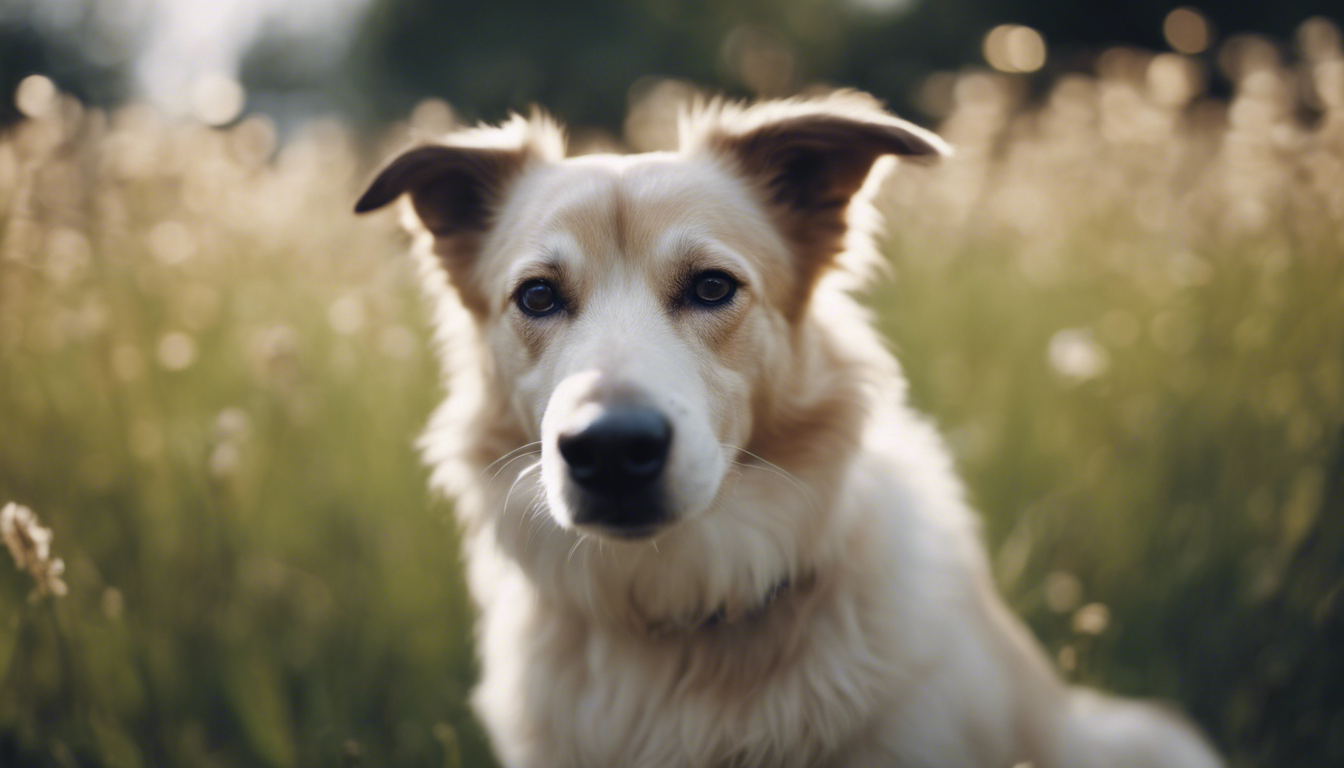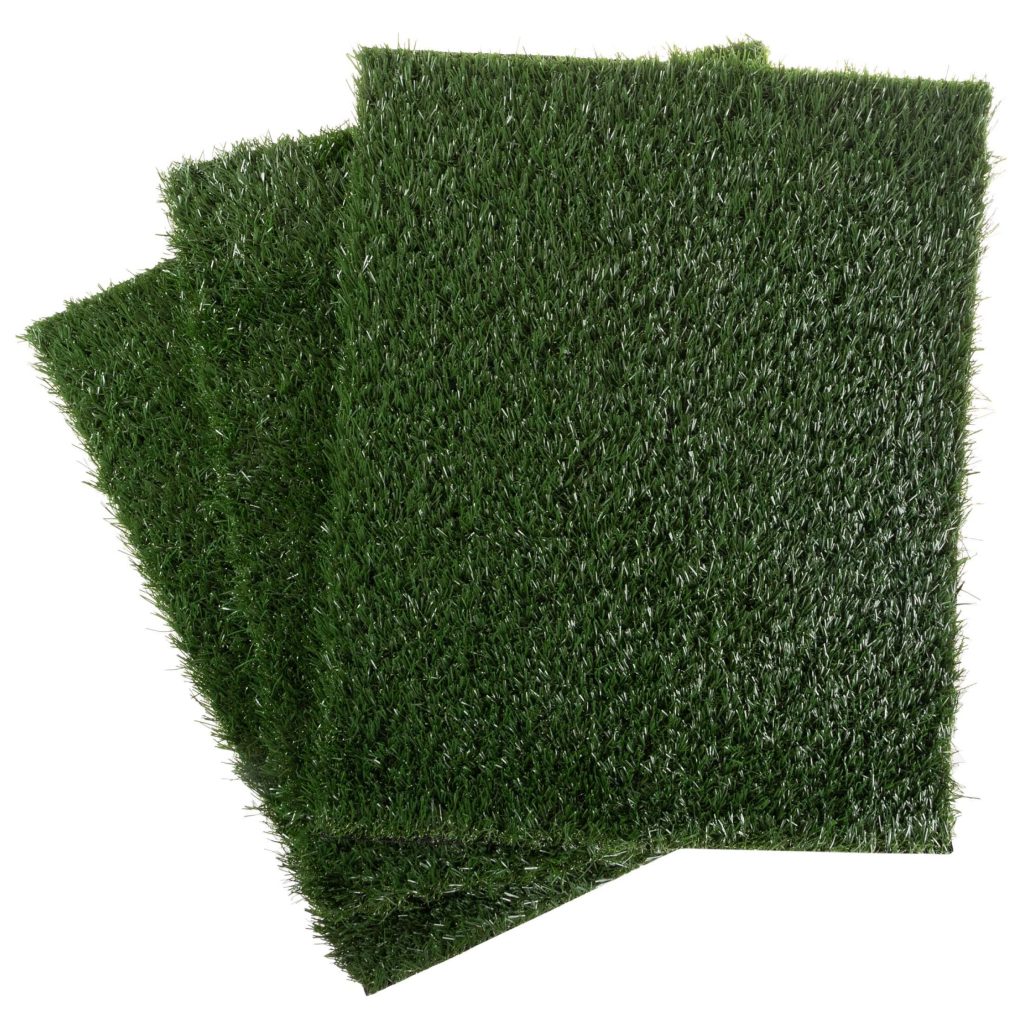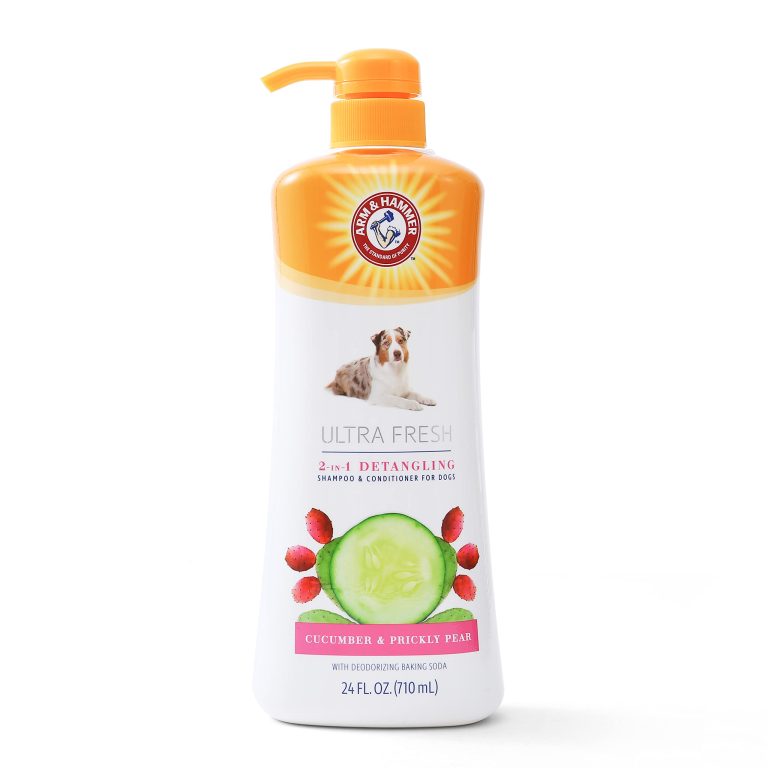Allergies in Dogs – Causes, Symptoms, and Treatments

Allergies in dogs are a common health issue that can cause discomfort and distress for our beloved four-legged friends. It is important for dog owners to be aware of the causes, symptoms, and treatments of allergies in dogs in order to provide the best possible care for their furry companions.
Causes of Allergies in Dogs
Dogs can develop allergies to a wide range of substances, including food, environmental factors (such as pollen or dust mites), and even certain medications. The immune system of an allergic dog mistakenly identifies these substances as harmful and reacts by releasing histamines, which cause the symptoms associated with an allergic reaction.
Food Allergies
Food allergies are often caused by proteins in a dog’s diet. Common culprits include beef, chicken, dairy products, wheat, and soy. When a dog consumes a food that they are allergic to, it can trigger an allergic reaction.
Environmental Allergies
Dogs, like humans, can also be allergic to environmental factors such as pollen, dust mites, mold, and certain types of grass or trees. These allergens can enter the dog’s body through inhalation or contact with the skin.
Symptoms of Allergies in Dogs
Recognizing the symptoms of allergies in dogs is important for timely intervention and effective treatment. Some common symptoms include:
- Itchy skin, leading to frequent scratching or biting of certain areas
- Rashes or redness of the skin
- Hair loss or thinning
- Ear infections or persistent ear scratching
- Sneezing, coughing, or wheezing
- Runny nose or watery eyes
- Vomiting or diarrhea
Treatments for Allergies in Dogs
There are several treatment options available for managing allergies in dogs, depending on the severity of the symptoms and the underlying cause. It’s important to consult with a veterinarian to determine the most appropriate treatment plan for your dog. Some common treatments include:
- Medications: Antihistamines can be prescribed to reduce itching and other allergy symptoms. In severe cases, corticosteroids may be used to provide relief.
- Allergen-specific immunotherapy (allergy shots): This treatment involves gradually exposing the dog to small amounts of the allergen to desensitize their immune system.
- Dietary changes: If a food allergy is suspected, switching to a hypoallergenic diet or an elimination diet can help identify and eliminate the trigger ingredient from the dog’s diet.
- Environmental management: Reducing exposure to environmental allergens, such as keeping the dog indoors during peak pollen times or regularly cleaning their bedding and living areas, can help alleviate symptoms.
Preventing Allergies in Dogs
While it may not always be possible to prevent allergies in dogs, there are certain steps that can be taken to minimize the risk and severity of allergic reactions:
- Regular grooming: Regularly bathing, brushing, and grooming your dog can help remove allergens from their fur and skin.
- High-quality diet: Providing a balanced and nutritious diet can help strengthen your dog’s immune system and reduce the risk of developing food allergies.
- Clean living environment: Keeping your dog’s living area clean, free from dust mites and mold, can minimize exposure to environmental allergens.
- Avoidance of triggers: If your dog has known allergies, try to avoid the triggers as much as possible. For example, if your dog is allergic to certain types of grass, avoid areas where those grasses are present.
By understanding the causes, symptoms, and treatments of allergies in dogs, owners can provide the best possible care for their furry friends. Regular veterinary check-ups and open communication with your veterinarian are key to addressing any health concerns promptly and effectively. With proper care and attention to their physical and mental needs, dogs can live happy, healthy lives while managing allergies.







